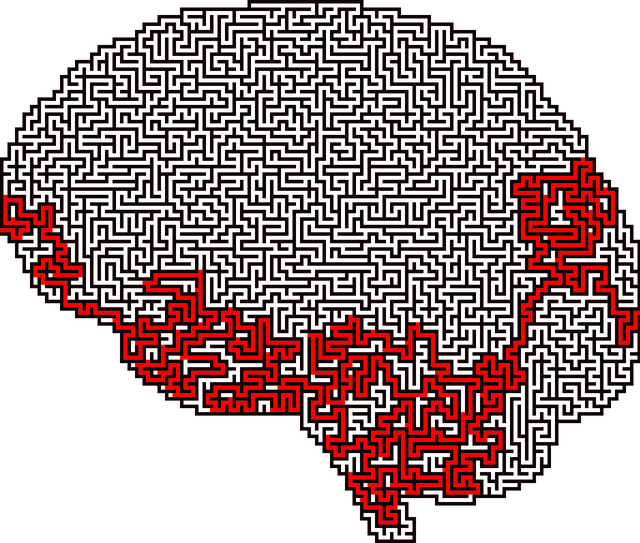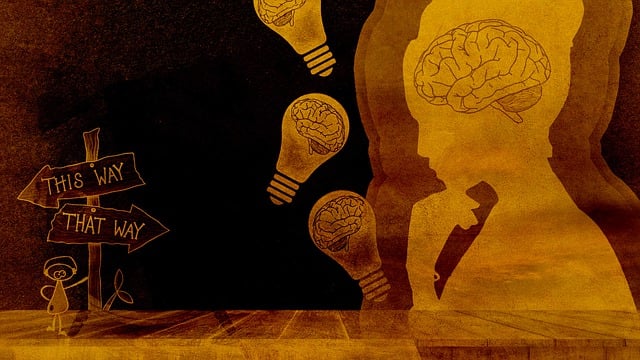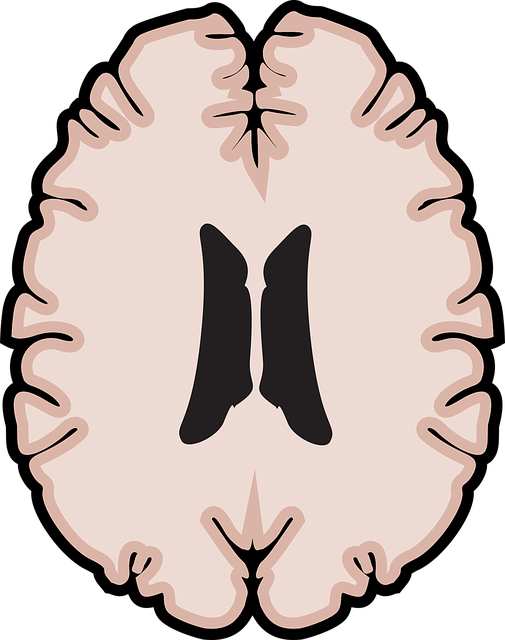Centennial Chronic Illness Therapy focuses on the vital connection between social skills and emotional health. By teaching communication strategies, emotional regulation techniques, and fostering a sense of belonging, this holistic approach empowers individuals with mental health conditions to navigate their journeys successfully. Through tailored programs combining evidence-based practices with empathy, therapists create safe spaces for learning and practicing essential social skills, including active listening, open communication, and mindfulness meditation, ultimately enhancing mental wellness. Specialized Trauma Support Services are also offered for healing and resilience among trauma survivors.
Social skills training is a powerful tool for individuals managing mental health conditions, offering a path to improved well-being and enhanced quality of life. This article explores the intricate link between social skills and mental health, highlighting how Centennial Chronic Illness Therapy plays a pivotal role in fostering these skills. We delve into practical strategies to navigate social interactions with confidence, providing valuable insights for those seeking to build stronger connections while managing their mental health journey.
- Understanding the Link Between Social Skills and Mental Health
- The Role of Centennial Chronic Illness Therapy in Social Skills Training
- Practical Strategies for Enhancing Social Interactions with Mental Health Conditions
Understanding the Link Between Social Skills and Mental Health

In today’s world, where social interactions play a pivotal role in mental wellness, understanding the intricate link between social skills and mental health is more crucial than ever. Centennial Chronic Illness Therapy recognizes that effective communication strategies are not just beneficial but essential for managing and improving mental health conditions. The interplay between these two aspects is a complex symphony where successful social engagement can enhance emotional regulation, providing individuals with tools to navigate their mental wellness journey effectively.
This connection becomes even more apparent when considering the impact of isolation and poor social connections on mental health. Conversely, strong social skills enable individuals to express emotions healthily, foster supportive relationships, and engage in activities that promote overall mental wellness, as highlighted in our Mental Wellness Podcast Series Production. By focusing on communication strategies, emotional regulation techniques, and fostering a sense of belonging, Centennial Chronic Illness Therapy offers a holistic approach to healing, ensuring individuals feel empowered to lead fulfilling lives.
The Role of Centennial Chronic Illness Therapy in Social Skills Training

Centennial Chronic Illness Therapy plays a pivotal role in enhancing social skills for individuals navigating mental health conditions. Through tailored programs, therapists facilitate a safe space where participants can learn and practice essential communication techniques, emotional regulation strategies, and conflict resolution methods. By combining evidence-based practices with empathy, this therapy empowers clients to build confidence interacting with others, fostering deeper connections, and improving their overall mental wellness.
The therapeutic environment encourages open dialogue, introspection, and self-expression through activities like Mental Wellness Journaling Exercise Guidance and Mindfulness Meditation. For those who have experienced trauma, Centennial Chronic Illness Therapy offers specialized Trauma Support Services designed to address unique challenges, promoting healing and resilience. This holistic approach ensures that individuals not only develop social skills but also cultivate a deeper sense of self-awareness and emotional well-being.
Practical Strategies for Enhancing Social Interactions with Mental Health Conditions

Social interactions can be challenging for individuals living with mental health conditions, but practical strategies exist to enhance these connections and foster a sense of belonging. One effective approach is Centennial Chronic Illness Therapy, which focuses on teaching clients essential social skills tailored to their unique needs. This therapy encourages active listening, encouraging open communication, and recognizing non-verbal cues—skills that can significantly improve interactions in various settings.
Empathy building strategies are also integral to this process. Encouraging individuals to reflect on their experiences through mental wellness journaling exercises can help them understand their emotions and the emotions of others better. This introspection fosters deeper connections and promotes a more supportive environment, whether in personal relationships or professional settings. By combining these techniques, individuals with mental health conditions can develop the confidence to engage socially, ultimately contributing to improved mental wellness.
Social skills training, particularly through innovative approaches like Centennial Chronic Illness Therapy, plays a pivotal role in managing mental health conditions. By understanding the connection between social skills and mental well-being, individuals can effectively navigate social interactions and foster healthier relationships. The practical strategies outlined in this article serve as a guide for enhancing social abilities, ultimately improving the overall quality of life for those navigating mental health challenges.














